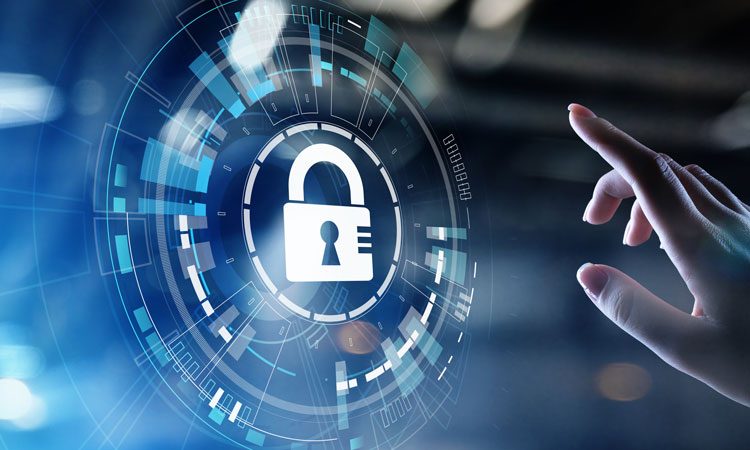Tools to Fight Fraud by Kathy Frakes
Happy Cybersecurity Awareness Month! I recently heard on the radio that Millennials are being scammed more often than Baby Boomers, though Boomers lose more money because they have more money. Technology has made our lives simpler in many ways. It has also made it simpler for would-be thieves to access your information. How can you protect yourself? Here are some suggestions for all ages:
Don’t participate in the surveys on social media about your favorite things. While it may seem like a harmless way to learn more about your friends and let them learn more about you, often these surveys contain the same questions used as security questions for your bank and other financial institutions.
Never click on a link within an email unless your are certain it is authentic. You can check the link by hovering over the link. Look carefully at the web address to which you would be sent. Are there misspellings? Is it a .com when it should be a .gov address? Is there a zero instead of an O?
Keep your computer secure. Use security software and make sure it updates automatically.
Consider freezing your credit. This will not impact your credit score. Contact each of the three major credit bureaus — Equifax, Experian and TransUnion —to freeze your credit:
- Equifax: Call 800-349-9960
- Experian: Call 888‑397‑3742
- TransUnion: Call 888-909-8872
If you are a victim of fraud, report it immediately to the appropriate authority. If it involved your checking or savings accounts, report it to your bank. Report any unusual credit card activity right away to the company who issued you the card. If you believe your identity has been stolen, report it to the three major credit bureaus listed above.

